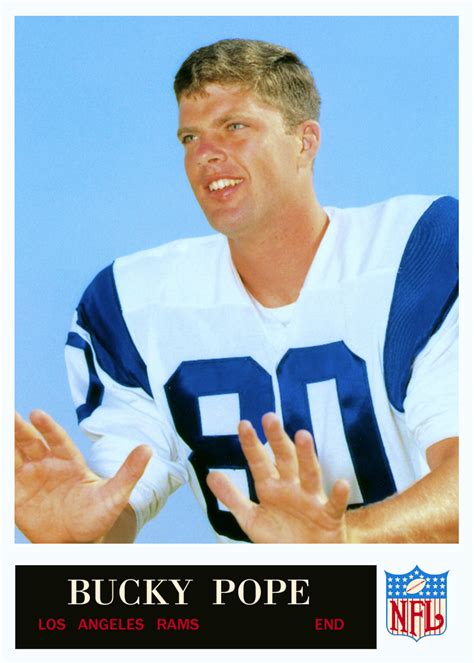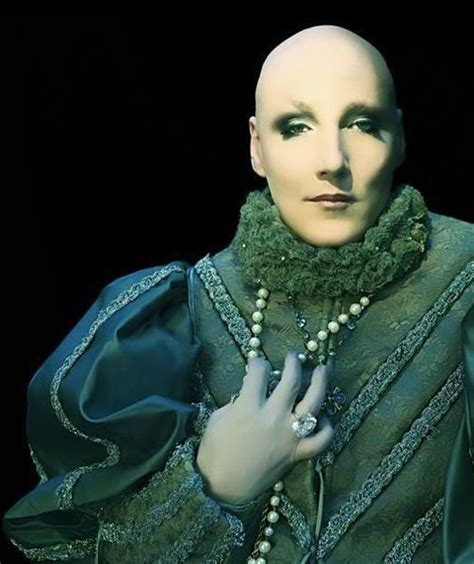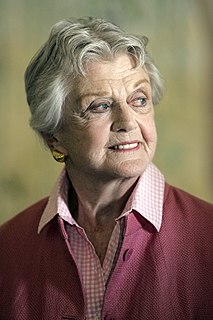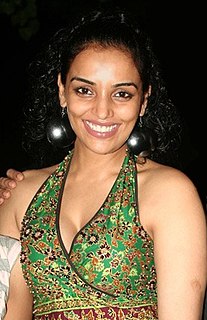A Quote by Davey Havok
Even within the context of the alternative scene I was a part of, within punk and hardcore and the alt scene, there was a focus on self-destruction.
Quote Topics
Related Quotes
Talk—half-talk, phrases that had no need to be finished, abstractions, Chinese bells played on with cotton-tipped sticks, mock orange blossoms painted on porcelain. The muffled, close, half-talk of soft-fleshed women. The men she had embraced, and the women, all washing against the resonance of my memory. Sound within sound, scene within scene, woman within woman—like acid revealing an invisible script. One woman within another eternally, in a far-reaching procession, shattering my mind into fragments, into quarter tones which no orchestral baton can ever make whole again.
I also think within the scene, a specific scene - if I were to play a part that I played 10 years ago now, my interpretation of that scene would be totally different. I would be making different choices. Because I can't somehow subtract all of the experiences that I've had in my life. And it's fascinating to see, because somewhere I'm very reflective in that. You know, I've been playing basically actually close to 40 years old, so I'm somewhere lost in age in this movie. But it's been fascinating to see that I can't subtract that time.
have a much harder time writing stories than novels. I need the expansiveness of a novel and the propulsive energy it provides. When I think about scene - and when I teach scene writing - I'm thinking about questions. What questions are raised by a scene? What questions are answered? What questions persist from scene to scene to scene?
Whether it's one scene or 15 scenes in a film, whether it's the lead or a cameo part, if I don't find it interesting, I tend not to do it. You never really know what it is. It could be a one-scene part. I remember I read the one scene in Crash and was asked to do it. I was like, "Absolutely!" There's no formula for how something has to be. I always try to keep it that way.
I don't think that any scene [in Pineapple Express] is word for word how you'd find it in the script. Some of it was much more loose than others. The last scene with me, Danny [McBride] and James [Franko] in the diner - there was never even a script for that scene. Usually we write something, but for that scene we literally wrote nothing.
'Everwood' I think provides a unique feeling, an emotional experience. And other shows on TV don't have the acting talent to do that. Each one of our actors can do a serious scene and a humorous scene, and can do it all within the same sequence. They can go from a heartbreaking moment to a humorous moment.



































